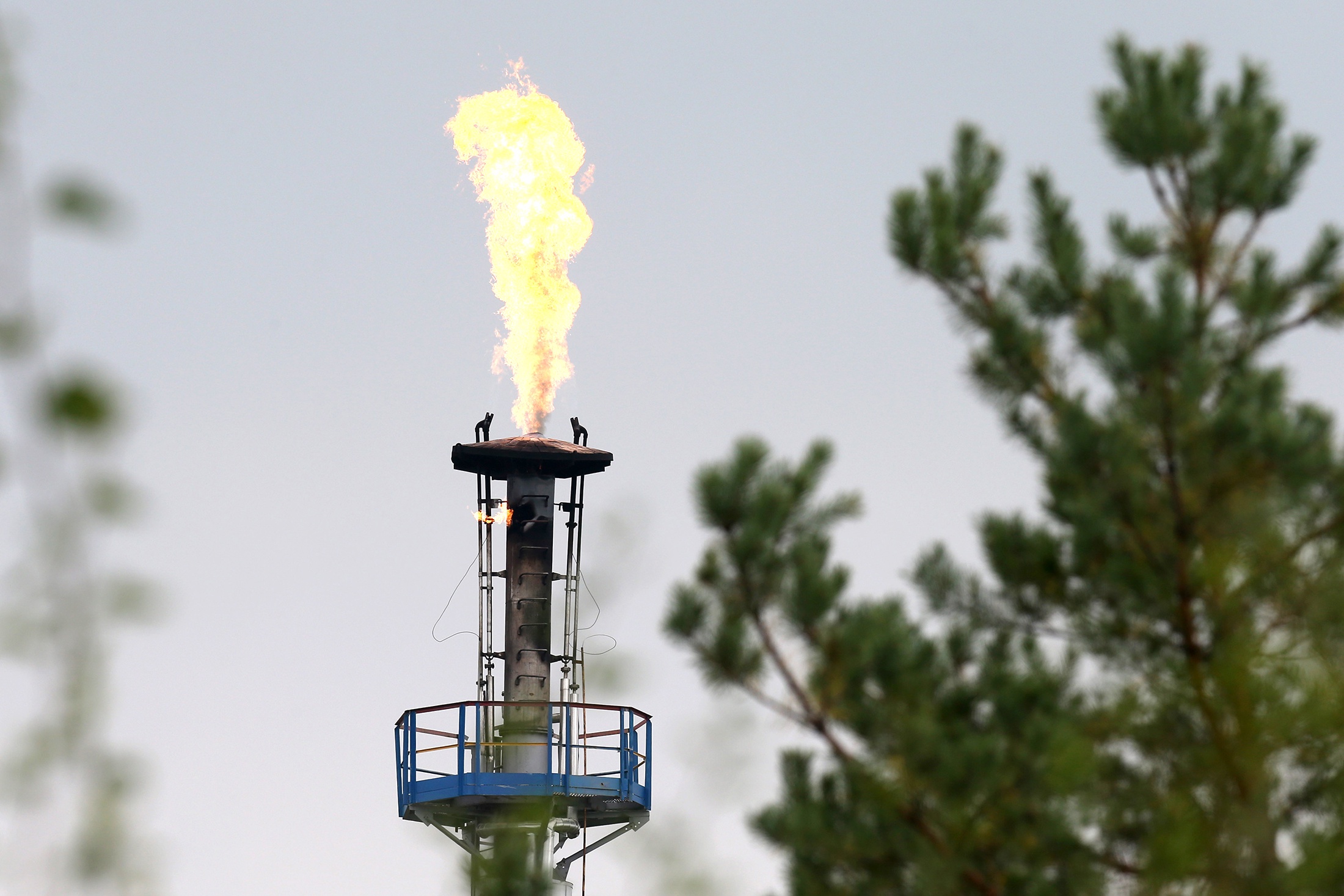What are you looking for:
Media

Discussing why the record stock market prices for gasoline did not impact the export ban and what to expect for prices at gas stations in the near future.

We discuss why oil prices remain high despite the OPEC+ standoff and Trump's influence, as well as the role of threats directed at Russia.

Discussing the factors influencing OPEC+'s decision to refrain from cutting oil production and its impact on the global market.

We discuss why gasoline prices have surpassed inflation levels and the potential for further increases at gas stations.

Discussing the reasons behind the government's ban on gasoline exports and what this means for the domestic market and fuel prices.

Discussing how the USA plans to capture up to 70% of the European energy market and what it means for Europe and global energy dynamics.

Discussing the growing competition for Russian oil in Europe. What implications might this have for the market and prices?

Exploring the Threats Posed to Russia by the New, Most Severe EU Sanctions. Analyzing Possible Consequences for the Economy, Energy Sector, and International Relations.

We discuss the implications of the 18th EU sanctions package for Russia. We analyze potential consequences for the economy, energy sector, and international relations.

We discuss whether the rise in gasoline prices will halt after the export ban is introduced. We analyze the possible consequences for the domestic market.

Tereshkin: The share of electric vehicles in passenger car sales in China will exceed 70% by 2027.
Chinese companies intend to accelerate the electrification of transportation to offset losses from declining sales in the U.S. According to forecasts, by 2027, the share of electric vehicles in passenger car sales in China may exceed 70%. This will lead to a decrease in gasoline demand in the country in 2026-2027. Moreover, China has significant reserves of minerals essential for the "new" energy sector, which supports the development of the electric vehicle industry.
Chinese companies intend to accelerate the electrification of transportation to offset losses from declining sales in the U.S. According to forecasts, by 2027, the share of electric vehicles in passenger car sales in China may exceed 70%. This will lead to a decrease in gasoline demand in the country in 2026-2027. Moreover, China has significant reserves of minerals essential for the "new" energy sector, which supports the development of the electric vehicle industry.

In Russia, gas engine fuel (GEF) is 30-50% cheaper than A-92 gasoline, yet its use remains limited. Expert Sergey Tereshkin noted that the share of GEF in the country's vehicle fleet is small, and the growth in consumption depends on subsidies and infrastructure support. The article discusses the prospects for increasing the use of gas engine fuel, as well as the challenges and opportunities for the development of this niche.